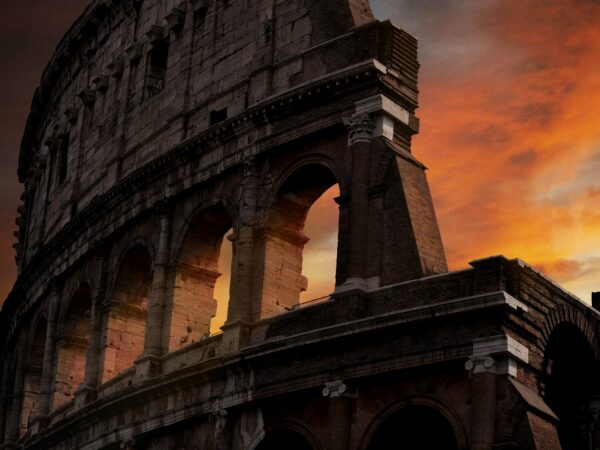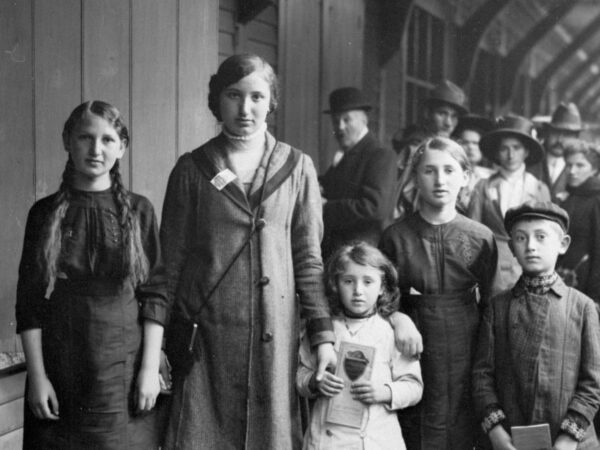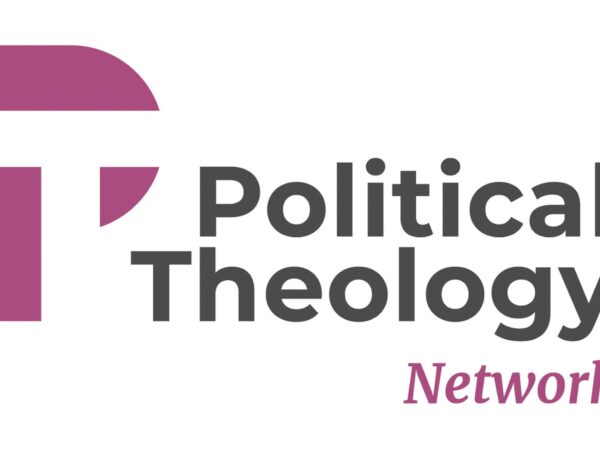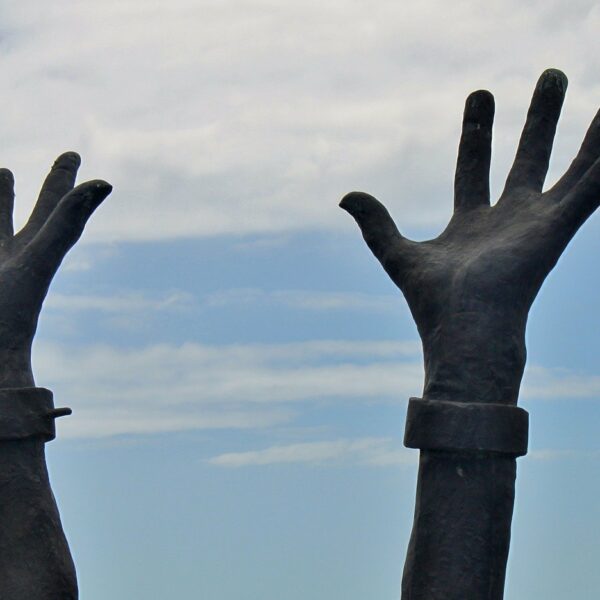
The journal Political Theology will host an open house on February 1 at noon eastern for prospective authors and contributors to the journal.

Listening and responding is a blueprint for us all: it’s amazing and wise to discern God’s leading in the context of community.

Our reception of Genesis 1:3 emphasizes the inherent power of God’s word, not only to improve lives but also to change (and create!) new structures. Just as God once brought order from chaos, God can do so again.

In the face of systemic injustice, it is difficult to hold space for a desire for peace and the knowledge that empires usually outlast the people who protest against them. While it may be tempting to shut down at feelings of powerlessness, the Magnificat gives us another option. We can be like Mary and the generations before her, singing and hoping and praying for change.

The author of 2 Peter maintains that in order to wait well one must place trust in God and God’s promises (3:13). What sets a follower of Christ apart in the communities to which this epistle is addressed is that they do not act according to their own interests, or even their own timeline, but rather, in accordance with the promise of God.

“I am the sum total of a thousand years of misery and striving! You may have given us this broken immortality, but I will be the first to die without fear!”

From the perspective of political theology, the presence of Indigenous peoples and settlers shaped by historical and ongoing settler colonial relations raises important political and religious questions about the possibilities and conditions of sovereign Indigenous existence and the (im)possibities and conditions of restorative or reconciled settler futures.

“Your clay is the clay of some Litvak shtetl, your air is the air of the steppes.”



